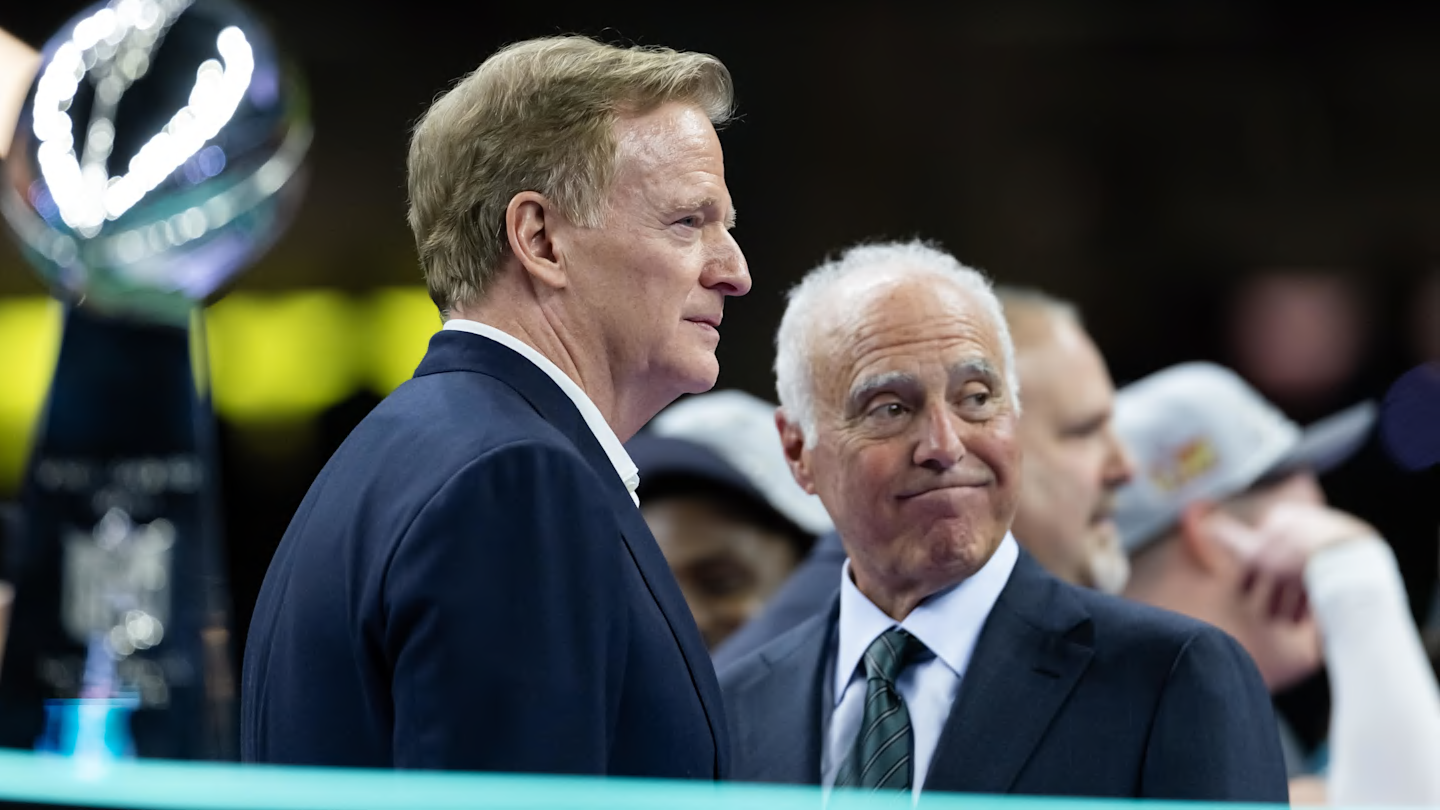We are currently in the transition phase between free agency and the draft, with the focus on Aaron Rodgers and the owners meetings. Since I’m in Florida, let’s kick off this week’s insights with a preview of what’s expected at these meetings.
The discussion around the 18-game season is likely to be the highlight of this meeting. The NFLPA has expressed significant opposition to the potential extension of the regular season during both the Super Bowl and the combine, moving away from a more cooperative stance previously adopted by executive director Lloyd Howell. Meanwhile, the NFL has not pushed the issue aggressively just yet.
Underlying factors are already emerging, however.
For starters, the television contracts contain an opt-out clause that allows the league to exit most agreements post-2029, except for the Disney deal, which runs through 2030. This necessitates new contracts to be finalized for 2030, requiring negotiation well in advance.
Additionally, Super Bowl LXII in Atlanta is on the agenda. While dates for the next two Super Bowls in Santa Clara (February 8, 2026) and Inglewood (February 14, 2027) are confirmed, the timeline for Atlanta has yet to be established, complicating local preparations.
A seasoned NFC executive believes that an 18-game season might be realized within two years, predicting 2027 as a feasible target for the NFL after negotiation with the players’ association.
Meanwhile, the New York Giants are navigating a challenging reconstruction. Their unsuccessful attempts to acquire top quarterbacks like Matthew Stafford and Aaron Rodgers are overshadowed by their recent playoff drought and ongoing struggles with team performance.
The signing of Russell Wilson, with a contract structure like his predecessors’, illustrates a calculated risk for the Giants. With strategic draft picks available, the team maintains flexibility to improve, possibly even bypassing immediate quarterback needs to build a stronger roster for the future.
Ultimately, the Giants’ management reflects a realistic approach; while they may not aim for a Super Bowl this year, they have set sights on becoming competitive within the NFC East. This prudent decision-making reflects a long-term vision for organizational success, even as they navigate a transitional period.



